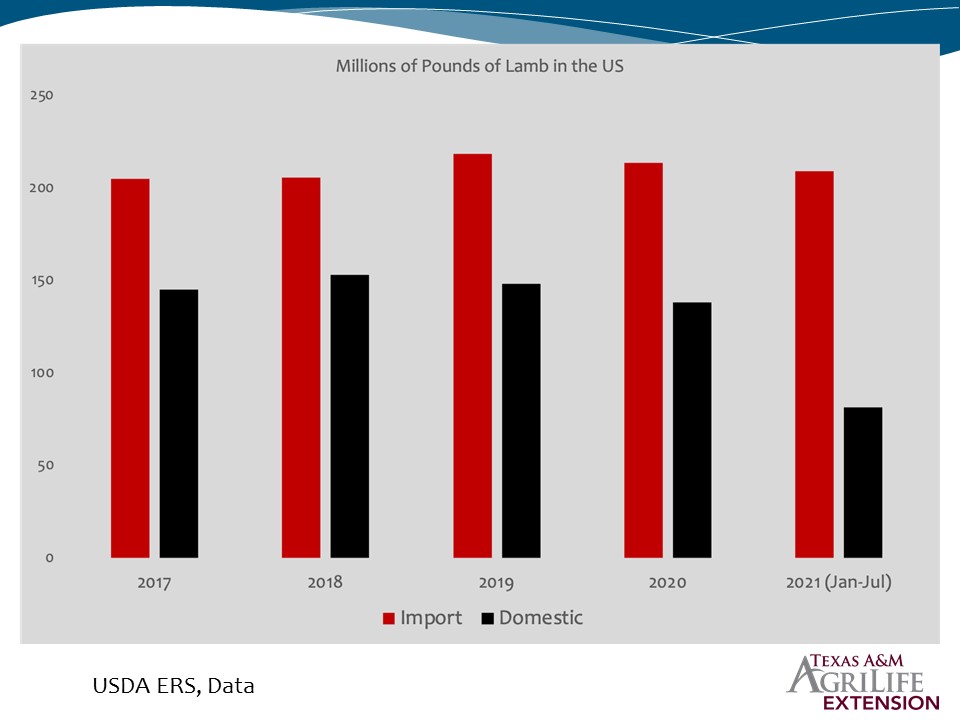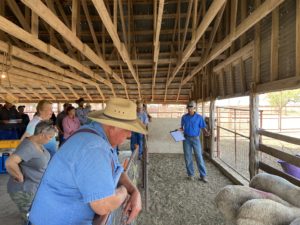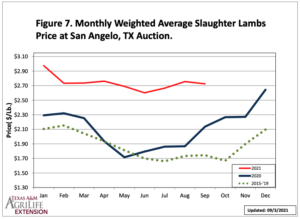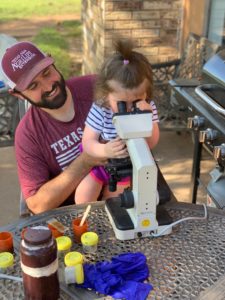Lifelong Learners
This edition of Reid’s Ram-blings was composed by Jake Thorne, Texas A&M AgriLife Program Specialist.
Sheep shearing school just wrapped up at the Texas A&M AgriLife Research Station in San Angelo this past month. Several Texans and even some out of state participants came together over the four-day course and learned the dance that is sheep shearing. Many of the students, even those who hadn’t ever picked up a handpiece before, were getting into the rhythm of long sweeping blows and harvesting full intact fleece by the final day, all in a timely manner that is as easy as possible on the sheep. With that said, learning to shear isn’t just something that happens. Registering for the course doesn’t guarantee you will be able to shear, and in fact, completing the course doesn’t even really make you a “shearer.” To be called a professional, you need several thousand repetitions and a constant desire to refine your technique. But back to the point of learning to shear, in all reality it is back breaking, physically intense, exhausting, and very frustrating. Almost everyone who has ever taken our course underestimates the challenge of learning to shear, mostly because they have seen someone who is quite good, make it look easy.
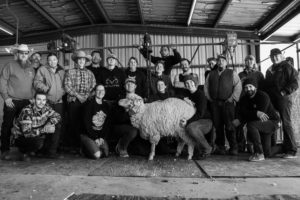
This concept of learning a new technique and then being asked to perform it in front of people is something we as adults struggle with, especially something physical. Most people who start out shearing are not very good at all, and being inadequate at something is bothersome to us, especially when others who are better than us are watching. Growing up, through school and sports, we are accustomed to learning and improving, and to some extent being judged on our abilities. As adults, we quickly forget how uncomfortable that is.
To be entirely honest, the vast majority of people who complete the sheep shearing school here do not go on to become professional shearers. Our original goal (and still main priority) of hosting this school was to supply the sheep and goat industries with shearers, however, I would venture to guess that maybe over half actually realize how hard of work it is and suddenly the cost of having someone come shear their animals seems quite worth it. Only a couple people every year take this skill and turn it into a service business, albeit a much needed one! With that said, everyone who goes through the course experiences personal growth that is truly amazing to see. Most start out enthusiastic, then quickly become defeated, then grith their teeth and persevere through the learning process and come out on the other end feeling accomplished. Some never make it past feeling defeated, as is the case whenever the challenge is hard.
As we start out another new year as member of the sheep and goat industry, I hope you make it a point to challenge yourself over the next year in a way that makes you uncomfortable, but ultimately more skilled and confident. You instantly become part of a small fraternity of others who have also learned said skill and you’ll find your network of friends and acquaintances expanding, even if that wasn’t the intent. As ranchers, we like to think of ourselves as being great problem solvers and accepting of challenges, but we are also prideful folk. Looking bad in front of other people is not our forte. It doesn’t have to be learning to shear a sheep, but really pushing yourself to learn or do something that you didn’t really think was ever possible will make us better in the end. They say moss doesn’t grow on a rolling stone, and while many think that is a statement about remaining physically active, I think it very much applies to our mental state as well. Lifelong learners usually live a long life.
Happy new year and I hope the dance lessons are worth it. Whatever dance that is.
To provide feedback on this article or request topics for future articles, contact me at reid.redden@ag.tamu.edu or 325-657-7324. For general questions about sheep and goats, contact your local Texas A&M AgriLife Extension Service County office. If they can’t answer your question, they have access to someone who can.


